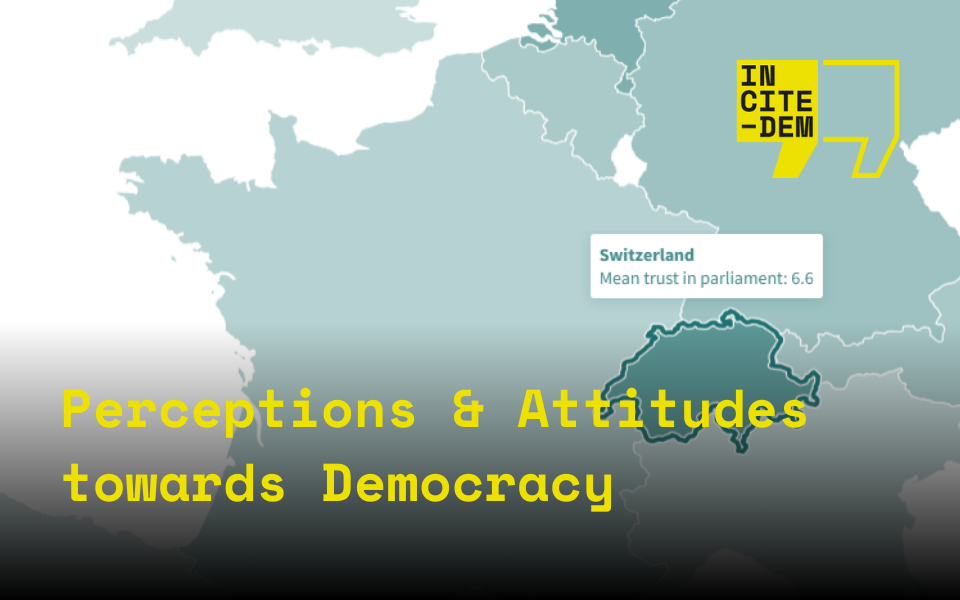Public debates about the crisis of democracy have focused on the idea that public support for representative democracy is declining. Satisfaction with democracy and trust in political institutions are said to be eroding among citizens. Are these claims backed by data? We provide an overview using data from the European Social Survey (ESS).
The data shows significant variation among European countries in terms of political trust. Countries such as Norway and the Netherlands exhibit higher levels of trust in their parliaments, whereas countries like Poland and Bulgaria are more skeptical.
When examining historical data, there is no evidence of a uniform decline or a consistent downtrend across all countries. The global financial crisis of 2008-2009 had a noticeable impact, particularly in Eastern and Southern Europe, but overall, countries have divergent levels of trust in their parliaments over the years.
Satisfaction with democracy follows a similar pattern to trust in parliament. While these two measures are distinct, they are closely connected; distrust and dissatisfaction both indicate a general discontent. There is considerable variation between countries, and satisfaction levels tend to fluctuate in response to domestic political events and developments.
Analysis of satisfaction with democracy over time reveals similar trends to those seen in trust in parliament, further highlighting the influence of national contexts on citizens’ perceptions. Finally, we look at what citizens understand from the word democracy and what is most important to them in a democracy.
Citizens have diverse understandings of democracy. Most still view democracy as involving free and fair elections, making electoral democracy the most popular conception. However, substantial shares of EU citizens, especially in Southern Europe, associate democracy with the welfare state (social democracy). Additionally, significant groups of citizens think of democracy in terms of direct citizen participation through referendums (direct democracy) and the notion of upholding the will of the people (populist democracy).
Overall, satisfaction with democracy and trust in political institutions vary across countries. In some countries, citizens are, on average, rather satisfied and trusting, while in others, they are more dissatisfied and lack political trust.
There is no evidence for a systematic and steady decline in democratic satisfaction and political trust; instead, there are varying developments in different countries. This indicates that national contexts play a decisive role in shaping citizens’ attitudes toward democracy.
People also do not have a single, uniform understanding of democracy. They prioritize several aspects as most important. The data does not support the widespread doom and gloom prevalent in public discourse.
data visualization by Caner Şimşek, University of Münster

